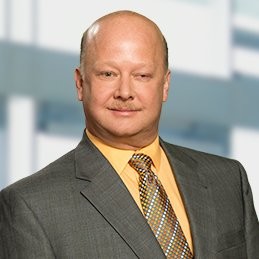Humana joins the Kindred buyers’ table
The gradual repackaging of Kindred healthcare continues, but one of the latest buyers is a bit out of the ordinary. Louisville, Kentucky-based insurer Humana announced it will buy a 40 percent stake in Kindred’s home care business, making it one of a consortium of three players to control the primary business units of Kindred. The other two consortium members, investment firms TPG Capital and Welsh, Carson, Anderson & Stowe, will own the remaining 60 percent of Kindred’s interests.
The $800 million deal is a huge step toward Humana’s eventual ownership of all Kindred home care and hospice businesses, a plan expected to take place over the next three to five years. The melding will effectively merge the Humana At Home and Kindred At Home programs, notes the (Louisville) Courier-Journal.
“A key component of the next generation of its integrated care delivery model is the ability to provide care to consumers, including Humana members, in their home, meeting them where they want to be, in a preferred lower cost setting,” says a Humana corporate statement on the deal. “This transaction will help Humana manage the chronic conditions of its members and others it serves and provide an additional avenue for the company to address activities of daily living, medication adherence and other health determinants, reinforcing its commitment to managing health holistically, not episodically.
The purchase announcement follows Humana’s embattled year of attempting to merge with Aetna, a deal that was eventually nixed by a federal judge for its potential effect on market competition.
“We believe this agreement maximizes value for stockholders and represents a significant step forward in transforming home healthcare in America by enhancing access to care and reducing costs for people living with chronic conditions,” said Kindred President and CEO Benjamin A. Breier in a corporate announcement. “In addition, the specialty hospital company, Kindred Healthcare, will be uniquely positioned to care for the most medically-complex and rehab-intensive populations.”

Pamela Tabar was editor-in-chief of I Advance Senior Care from 2013-2018. She has worked as a writer and editor for healthcare business media since 1998, including as News Editor of Healthcare Informatics. She has a master’s degree in journalism from Kent State University and a master’s degree in English from the University of York, England.
Related Articles
Topics: Executive Leadership











